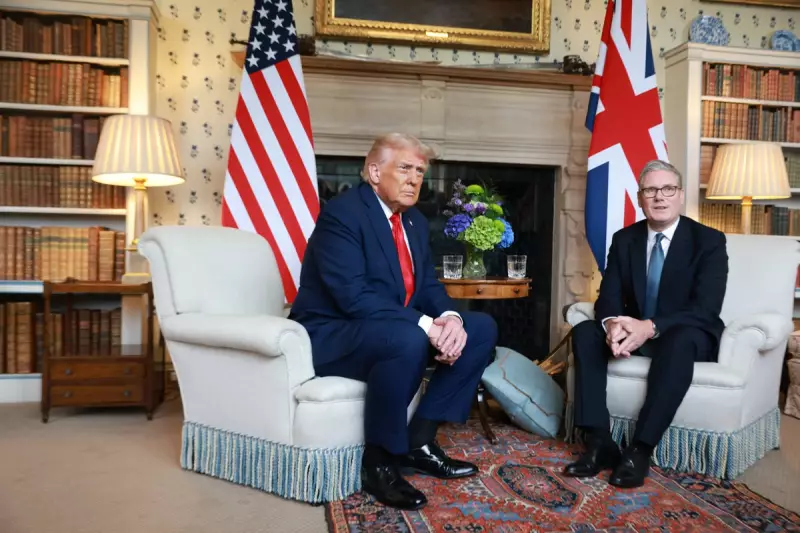
In a move signalling a new era of "service over self," Prime Minister Keir Starmer has formally declined the traditional use of the country estate Chequers for a personal family holiday. The decision, breaking with decades of precedent set by his predecessors, is being hailed as a powerful symbol of his commitment to a humbler, more focused style of leadership.
Instead of the sprawling Buckinghamshire mansion, the Prime Minister will retreat to his own family home, reinforcing a core message he delivered to the nation. "I work for the public, I don't serve the public," Starmer stated, drawing a clear distinction between his vision of duty and the perceived aristocratic trappings of the office.
A Calculated Rejection of 'Downton Abbey' Politics
The choice is deeply symbolic. Chequers, a Grade I-listed manor house gifted to the state for use by sitting Prime Ministers, has long been a symbol of the power and privilege inherent at the top of UK politics. By rejecting it, Starmer visually severs ties with the 'Westminster bubble' and aligns himself with the experience of ordinary families who holiday in their own homes.
This is not merely a personal preference but a calculated political statement. It follows through on a promise made during the election campaign and serves as a continuous, visual reinforcement of his manifesto pledge to lead a government of service and integrity.
Chevening: The Working Alternative
While rejecting Chequers for personal use, Starmer is not wholly abandoning official residences. Reports confirm he will utilise Chevening, the 115-room Kent estate typically offered to the Foreign Secretary. However, its purpose will be strictly professional, intended for hosting diplomatic meetings and international officials, framing it as a tool of statecraft rather than a perk of power.
This dual approach allows Starmer to benefit from the practical necessities of government while publicly foregoing its more luxurious privileges, a nuance that strengthens his image as a pragmatic and principled leader.
Aligning Action with Rhetoric
The decision has been met with approval from allies who see it as the Prime Minister leading by example. It directly complements his government's early policy focus on tackling wealth inequality and restoring trust in public institutions.
By literally closing the door on Chequers for a private holiday, Starmer opens a window into his governing philosophy: a rejection of elitism and a promise that his work ethic will be applied squarely on the nation's challenges, not the comforts of high office.





